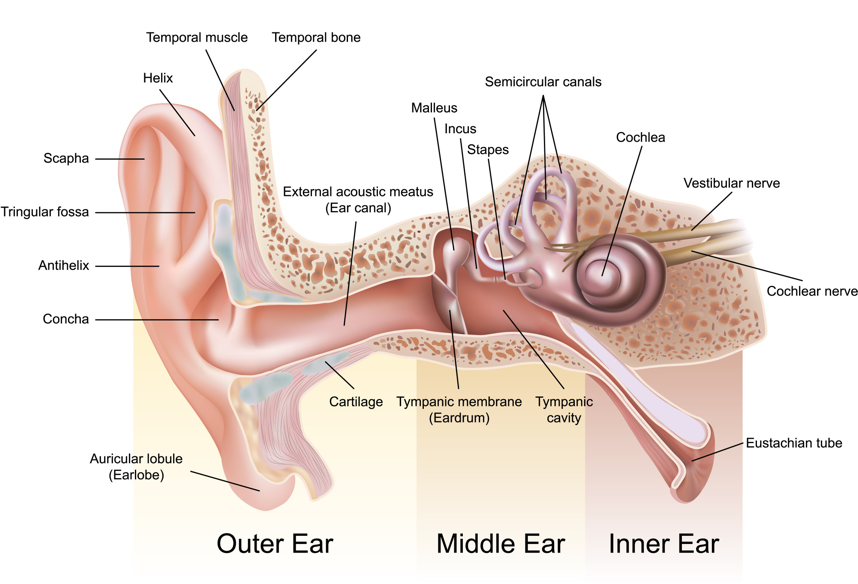Dizziness is defined as “a sensation of spinning around and losing one’s balance”. It can be caused by a multitude of conditions, including neck pain. Dizziness can be extremely debilitating and the causes and severity can vary greatly. It is important to speak with your physio or health care practitioner to have your dizziness assessed if you are concerned.
What is dizziness?
Dizziness can be a very difficult sensation to describe, it will often vary from person to person, it is most commonly referred to as:
- The world or surroundings spinning
- Feeling unsteady on your feet
- A tilting or rocking sensation
- Lightheadedness
- Fogginess
When explaining your dizziness, it is important to be specific with the description because it can assist us to find the cause of your dizziness and treat accordingly.
Causes of Dizziness
Vertigo
One of the major causes of dizziness is vertigo. Vertigo is actually a symptom (not a diagnosis) that involves feeling like the world is spinning in circles around you. There may be some nausea associated with vertigo. There are multiple conditions that can cause vertigo, including Benign Paroxysmal Positional Vertigo or BBPV, but also vestibular neuritis, Meniere’s disease, and labyrinthitis. All of these conditions relate to the inner ear, or the vestibular system.
The most common cause of BPPV occurs when the crystals that are present in our inner ear become dislodged and results in severe spinning sensation as the head moves or changes position.

Physiotherapy treatment for BPPV
Physiotherapy can help with BPPV. We will perform a specific assessment to test if the cause of the dizziness is related to the position of the inner ear crystals. If this test is positive, treatment will consist of a treatment technique, the Epley Manoeuvre, which will attempt to shift the crystals back into their correct position. The manoeuvre can have excellent results when performed correctly and relief of symptoms is relatively instant.
Vestibular neuritis
Vestibular neuritis is a relatively uncommon condition that can cause severe dizziness and vertigo symptoms. The vestibulocochlear nerve (which sends balance and head position information from the inner ear to the brain) becomes inflamed (usually from a virus) and disrupts its messages. Symptoms of dizziness, vertigo, tinnitus and hearing issues can vary from a few days to a few weeks.
Physiotherapy treatment for Vestibular Neuritis
As with BPPV, we can perform a series of tests to assess whether your condition is vestibular neuritis and can then prescribe a balance and gaze stability rehabilitation program to address it. For both BVVP and vestibular neuritis you will need to book with one of our physiotherapists who specialise in management of these conditions, please mention this when booking your appointment.
Neck pain
The neck can be a source of dizziness. This is referred to as cervicogenic dizziness and can be quite difficult to diagnose. Some key signs that may indicate that your dizziness is neck related include:
- Dizziness worsened by certain head movements
- Dizziness that gets worse after episodes of neck pain
- Dizziness worsened with sustained postures ie: sitting for prolonged periods
- Previous neck injuries (i.e. whiplash)
Physiotherapy treatment for Cervicogenic dizziness
If we suspect you may be suffering from cervicogenic dizziness, manual therapy such as soft tissue release and joint mobilizations, combined with stretching and postural advice can be effective. We may also recommend balance and gaze stability exercises.
Low Blood Pressure
We often see patients with vertigo-like symptoms that often coincide with changes in position and are caused because of a sudden drop in blood pressure. This may be when you move from lying to sitting, or sitting to standing. A reading of 90/60mmHg or less can indicate low blood pressure.
Physiotherapy treatment for Low Blood Pressure
If your blood pressure is measured and found to be low, we will refer you to your GP for opinion and treatment.
